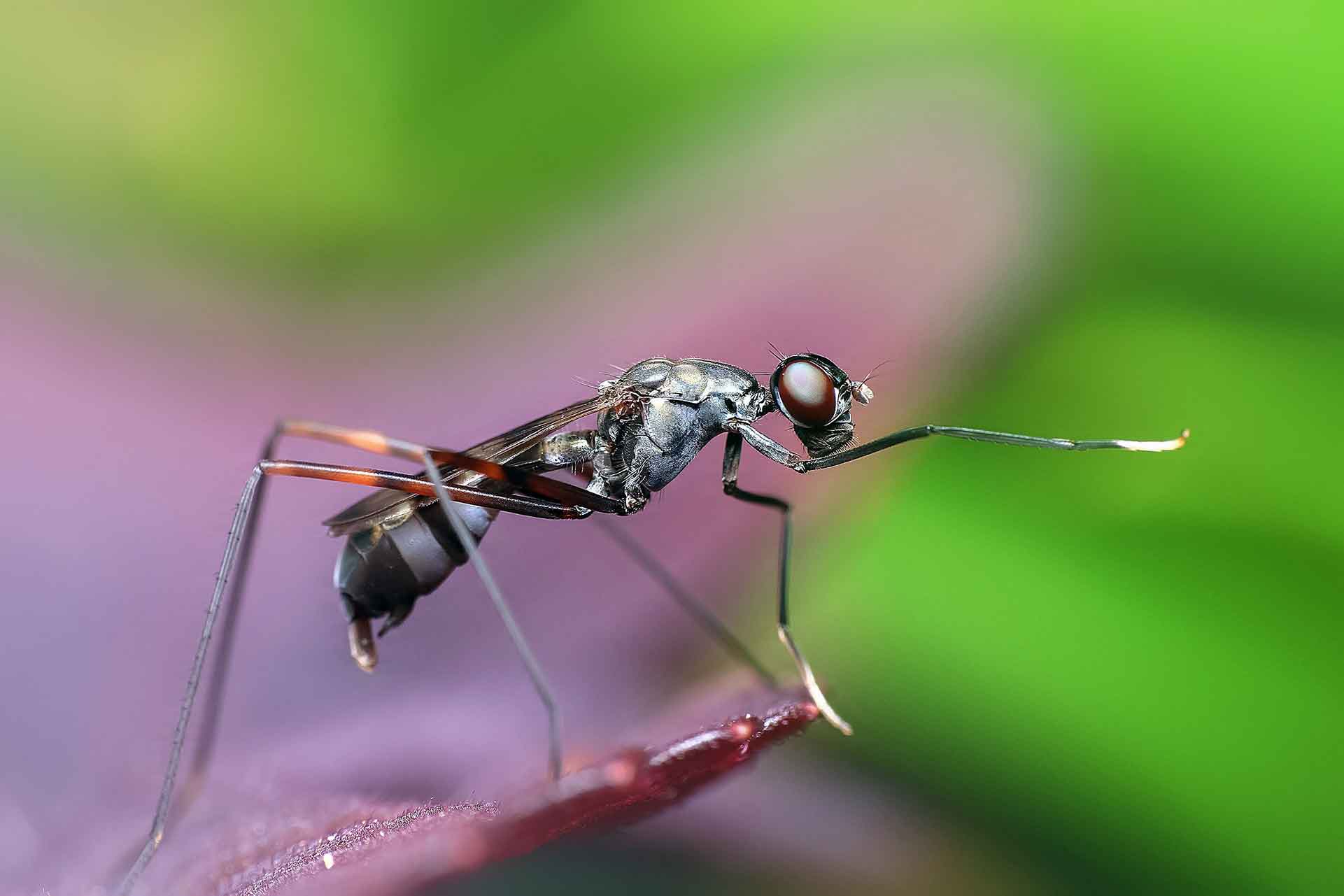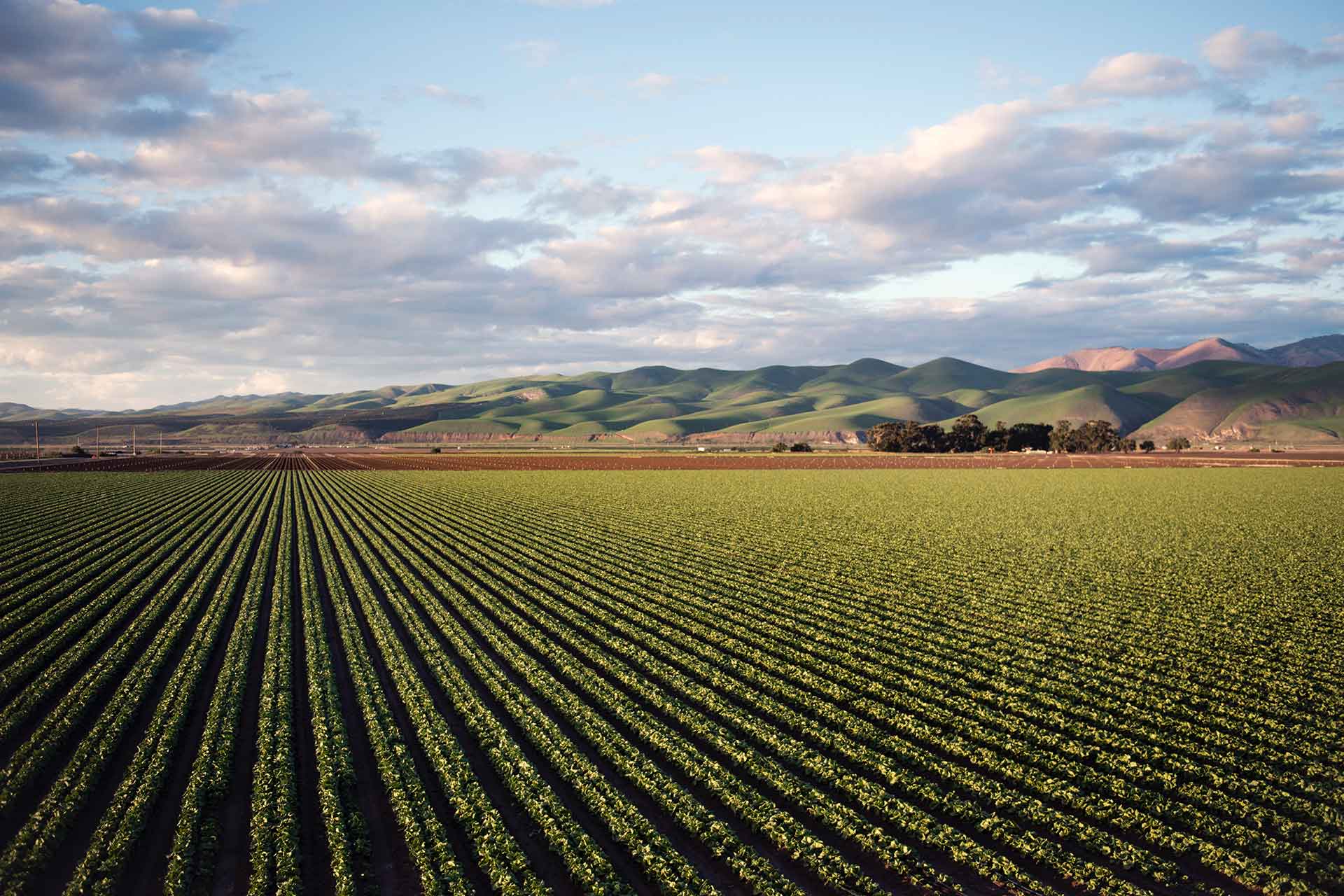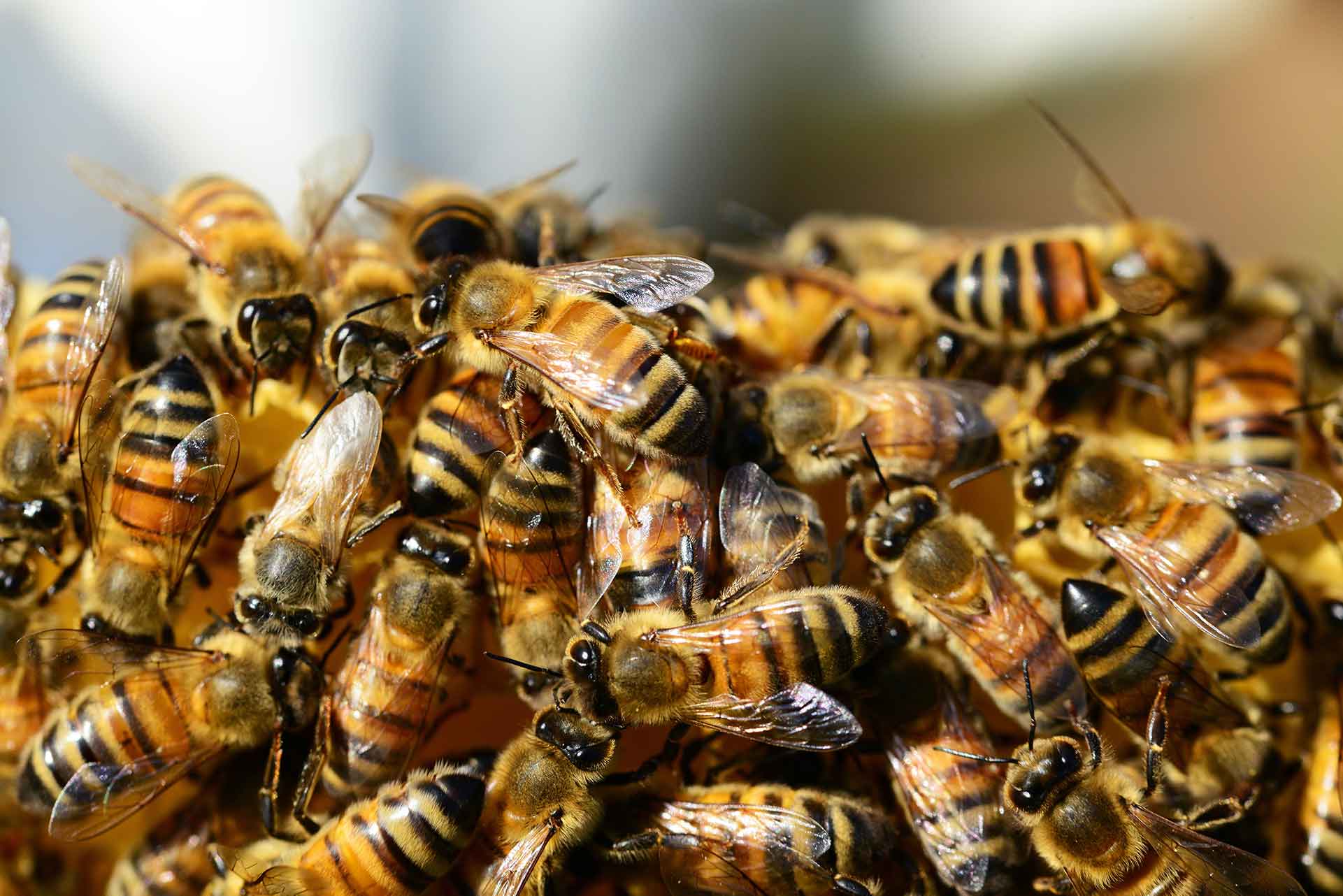Cambio climático e insectos
El cambio climático está afectando de muchas maneras al mundo natural y a las especies que lo componen. Todas las especies se verán afectadas por el cambio climático, algunas más que otras. Ya hemos sido testigos de los efectos del cambio climático de origen antropogénico, pues la pérdida de hábitats ha llevado a las especies a la extinción. Cuando pensamos en las especies afectadas por el cambio climático, generalmente pensamos en la megafauna, como los osos polares y los tigres, pero también sufrirán las criaturas más pequeñas.
 Los insectos son organismos de sangre fría, la temperatura de su cuerpo y la del entorno es aproximadamente la misma. Por lo tanto, la temperatura es posiblemente el factor ambiental más importante que influye en su ciclo vital, desde su comportamiento hasta su supervivencia. Los científicos han calculado que un aumento de la temperatura de 2 °C podría hacer que los insectos experimentaran entre uno y cinco ciclos vitales más por estación.
Los insectos son organismos de sangre fría, la temperatura de su cuerpo y la del entorno es aproximadamente la misma. Por lo tanto, la temperatura es posiblemente el factor ambiental más importante que influye en su ciclo vital, desde su comportamiento hasta su supervivencia. Los científicos han calculado que un aumento de la temperatura de 2 °C podría hacer que los insectos experimentaran entre uno y cinco ciclos vitales más por estación.
Impacto de la temperatura
Los insectos migratorios pueden llegar a su destino mucho antes, o la zona en la que pasan el invierno se amplía. Los insectos pueden pasar por etapas vitales vulnerables a un ritmo más rápido a temperaturas más altas, reduciendo potencialmente la ventana de oportunidad para el parasitismo. Sin embargo, el desarrollo a temperaturas más elevadas puede influir en la proporción de sexos. Esto se ha observado en los trips, cuya tasa de reproducción disminuye en consecuencia.
Varias especies de insectos pasan partes cruciales de su ciclo vital en el suelo, por lo que el efecto de la temperatura en ellos puede ser más gradual que en los que viven en la superficie, ya que el suelo actúa como un medio aislante que amortigua los cambios de temperatura. Unas temperaturas más altas podrían reducir la mortalidad invernal de los insectos y, a su vez, aumentar las poblaciones. A medida que las poblaciones de insectos prosperan, los cultivos pueden explotar las tierras más al norte, y se prevé que los insectos sigan esta expansión. Los registros históricos han demostrado que el aumento de la temperatura ha incrementado la diversidad de especies de insectos, por lo que cabe esperar que el mundo de los insectos se diversifique aún más.
Impacto del aumento de los niveles de CO2
 En general, se considera que el impacto del CO2 sobre los insectos es indirecto, debido a los cambios en el cultivo huésped. Los investigadores han descubierto que el aumento de los niveles de CO2 puede tener efectos cruciales en las poblaciones de insectos plaga. Un estudio descubrió que la soja cultivada en condiciones de CO2 elevado presentaba un 57% más de daños por insectos que la cultivada en la atmósfera actual. Además, para continuar el experimento, hubo que utilizar un pesticida. Se midieron mayores niveles de azúcares simples en el medio elevado, que se cree que han causado este aumento de los daños.
En general, se considera que el impacto del CO2 sobre los insectos es indirecto, debido a los cambios en el cultivo huésped. Los investigadores han descubierto que el aumento de los niveles de CO2 puede tener efectos cruciales en las poblaciones de insectos plaga. Un estudio descubrió que la soja cultivada en condiciones de CO2 elevado presentaba un 57% más de daños por insectos que la cultivada en la atmósfera actual. Además, para continuar el experimento, hubo que utilizar un pesticida. Se midieron mayores niveles de azúcares simples en el medio elevado, que se cree que han causado este aumento de los daños.
Es probable que los agricultores experimenten amplias repercusiones en sus estrategias de gestión a medida que el clima siga cambiando. Como ya se ha mencionado, se espera que los insectos aumenten su área de distribución geográfica y su éxito de reproducción e hibernación. Por lo tanto, las poblaciones aumentarán, haciendo que los agricultores tengan más especies y un mayor número de insectos que gestionar. En consecuencia, se espera que esto provoque un aumento del volumen de abono utilizado. La aplicación de insecticidas tiene costes económicos sustanciales para los cultivadores, por no mencionar los costes medioambientales del uso extremo de productos químicos.
Impacto de los cambios en las precipitaciones
Varios insectos son sensibles a las precipitaciones y se alejan o mueren de los cultivos durante las lluvias torrenciales. Los insectos que pasan el invierno se ven afectados por las inundaciones, un método habitual de control de plagas en la agricultura. Es de esperar que el aumento previsto de la intensidad y la frecuencia de las precipitaciones afecte negativamente a los insectos. Sin embargo, al igual que la temperatura, los cambios en las precipitaciones afectarán a la compleja red trófica. Los hongos patógenos que suponen una amenaza para los insectos favorecen la humedad elevada, por lo que su incidencia aumentaría a medida que se alargasen los periodos de humedad elevada y las condiciones más secas fuesen poco frecuentes.
Impacto en los brotes de insectos
Se ha investigado mucho sobre los factores bióticos y abióticos que influyen en las erupciones de las poblaciones de insectos. De todo ello se desprende que el cambio climático afectará a los brotes de diversas maneras a nivel regional y entre las asociaciones insecto/hospedador. Como los insectos forman parte de complejas redes alimentarias, cualquier impacto en su población repercutirá en el resto de la cadena alimentaria. El aumento de las temperaturas podría disminuir la eficacia de las cadenas alimentarias y amenazar la supervivencia de los animales más grandes.
 Los insectos son agentes abundantes que desempeñan papeles vitales en la dinámica a largo plazo de los ecosistemas. Muchos insectos permanecen en bajas densidades, por lo que rara vez se perciben. Sin embargo, varias especies presentan poblaciones eruptivas que alcanzan episódicamente niveles de brote. Este brote eruptivo puede afectar al rendimiento de los cultivos o causar la muerte, defoliación o mortalidad de los árboles hospedadores. Aún se desconocen los factores desencadenantes de muchos brotes de insectos, pero se sabe que la temperatura afecta a la reproducción, las tasas de desarrollo y la mortalidad. Por lo tanto, podemos suponer que el cambio climático influirá en estos brotes.
Los insectos son agentes abundantes que desempeñan papeles vitales en la dinámica a largo plazo de los ecosistemas. Muchos insectos permanecen en bajas densidades, por lo que rara vez se perciben. Sin embargo, varias especies presentan poblaciones eruptivas que alcanzan episódicamente niveles de brote. Este brote eruptivo puede afectar al rendimiento de los cultivos o causar la muerte, defoliación o mortalidad de los árboles hospedadores. Aún se desconocen los factores desencadenantes de muchos brotes de insectos, pero se sabe que la temperatura afecta a la reproducción, las tasas de desarrollo y la mortalidad. Por lo tanto, podemos suponer que el cambio climático influirá en estos brotes.
Sabemos que los impactos del cambio climático no sólo los sentiremos los humanos, todos debemos comprometernos con el cambio climático para reducir los efectos negativos que sufrirá cada especie.






